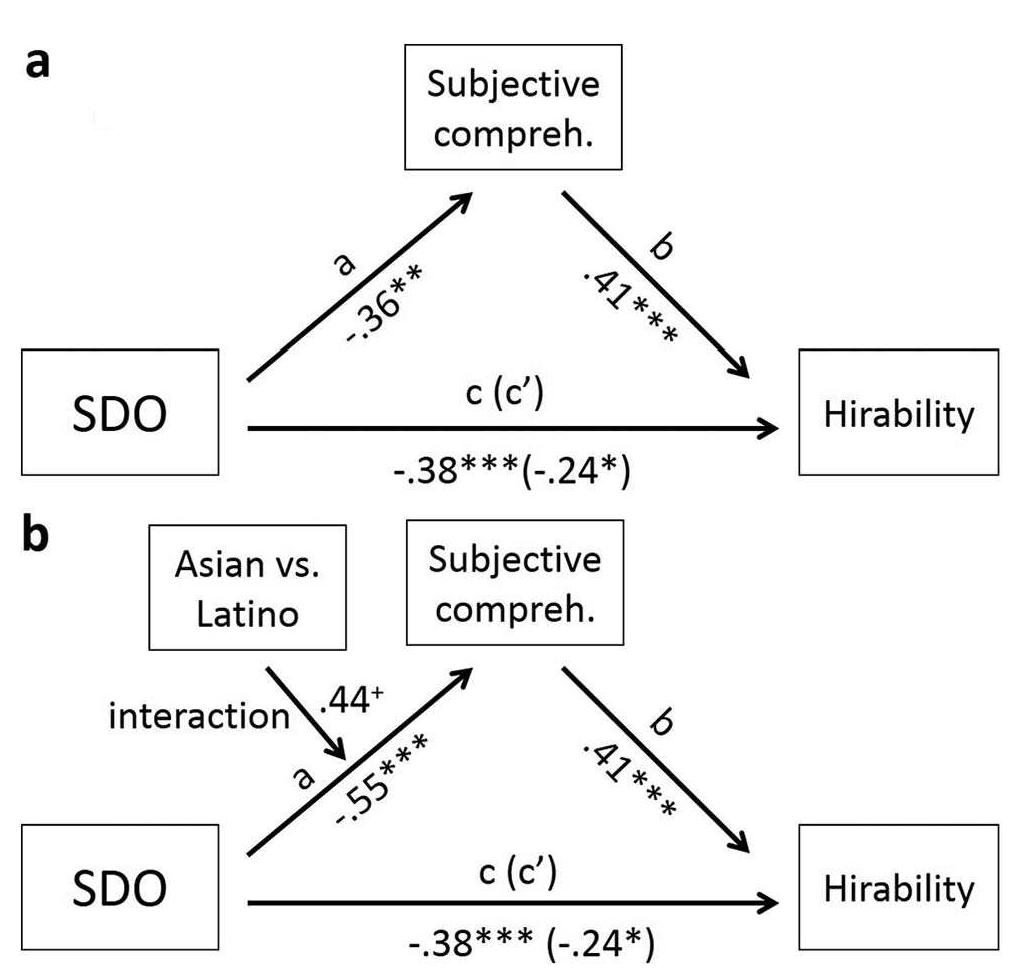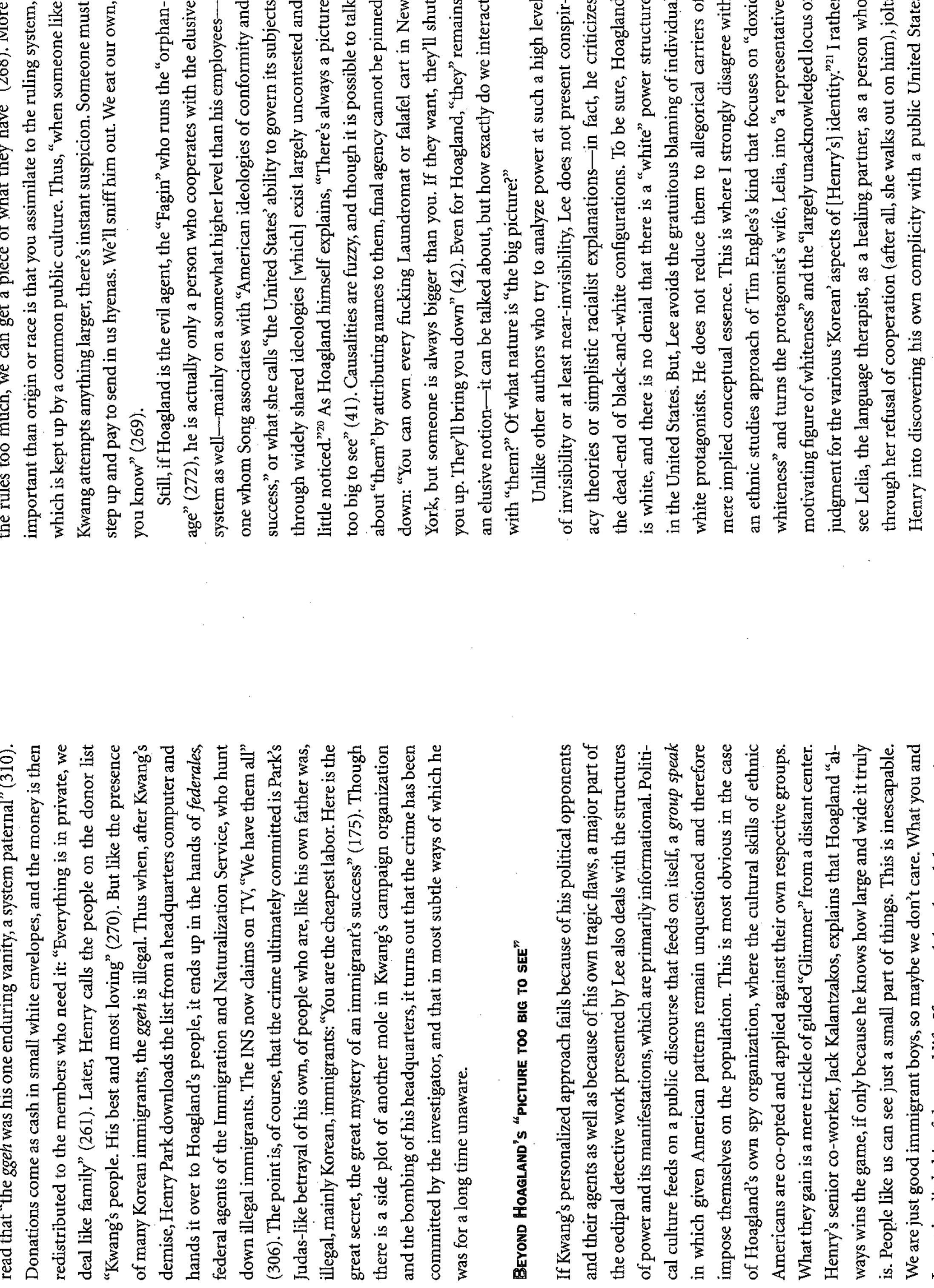Key research themes
1. How do Asian American literary histories articulate identity formation through political movements and cultural expression?
This research theme explores the evolution of Asian American literature as a distinct form closely tied to the political awakening and social struggles of Asian American communities. Scholars investigate how literary forms emerged not only as artistic expressions but also as political acts that negotiate histories of exclusion, cultural loss, and self-definition. The theme underscores the interplay between aesthetics, history, and social justice, illuminating how Asian American literature shapes collective identity and challenges mainstream narratives.
2. What critical epistemological challenges and disciplinary boundaries shape Asian American Studies as an academic field?
This theme investigates how Asian American Studies navigates and challenges the epistemological constraints of traditional disciplines, particularly area studies and ethnic studies, and critiques the normative frameworks that define knowledge production within academia. Scholars emphasize how disciplinary borders replicate colonial, racial, and institutional violences and call for disobedience and new methodologies that center lived experience, positionality, and transnational perspectives.
3. How do experiences of racialization, identity negotiation, and cultural hybridity affect Asian and Asian American identity formation and social inclusion?
This theme centers on the lived experiences of Asian and Asian American individuals as they negotiate complex racial frameworks, monoracial norms, and master narratives that shape their identity constructions. Research highlights the impact of racial stereotypes, social invisibility, and the hybrid ethnoracial identities—such as AsianLatinx—on community belonging, self-expression, and political inclusion, with implications for education and social policy.


















































































